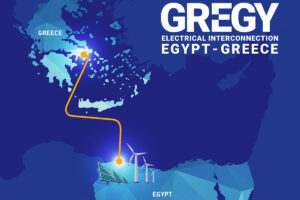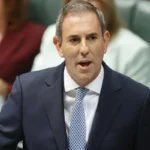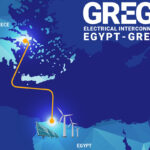The West has gone on high alert following a series of new Russian provocations that escalated tensions in the Baltic region. NATO Secretary-General Mark Rutte praised the Alliance’s “swift and decisive response,” noting he held a phone call with Estonian Prime Minister Kristen Michal to coordinate next steps.
NATO spokesperson Alison Hart announced that the North Atlantic Council will convene early next week for an extraordinary session after Estonia formally invoked Article 4 of the NATO Treaty, which calls for consultations whenever the security or territorial integrity of a member state is threatened.
The incident occurred Friday morning when three Russian MiG-31 fighters entered Estonian airspace near Vaindloo Island. The aircraft, flying without flight plans and with their transponders switched off, remained for around 12 minutes while performing circular maneuvers. NATO scrambled Italian F-35 jets to intercept the intruders, and Tallinn summoned the Russian chargé d’affaires to deliver a formal protest.
Just hours later, Poland confirmed another breach, reporting that two Russian jets flew low over the Petrobaltic drilling platform in the Baltic Sea, violating its security zone. Warsaw immediately alerted its armed forces and NATO, ramping up surveillance in the area.
European Council President Antonio Costa condemned the actions as “unacceptable provocations” and stressed the urgent need to bolster NATO’s eastern flank, deepen European defense cooperation, and intensify pressure on Moscow. EU leaders are set to discuss their collective response at the upcoming Copenhagen summit on October 1.
The developments have heightened fears of further escalation in the Baltic and underscored the importance of NATO unity. Diplomats suggest potential measures could include increasing air patrols, deploying additional forces to Eastern Europe, and considering new sanctions against Russia.












